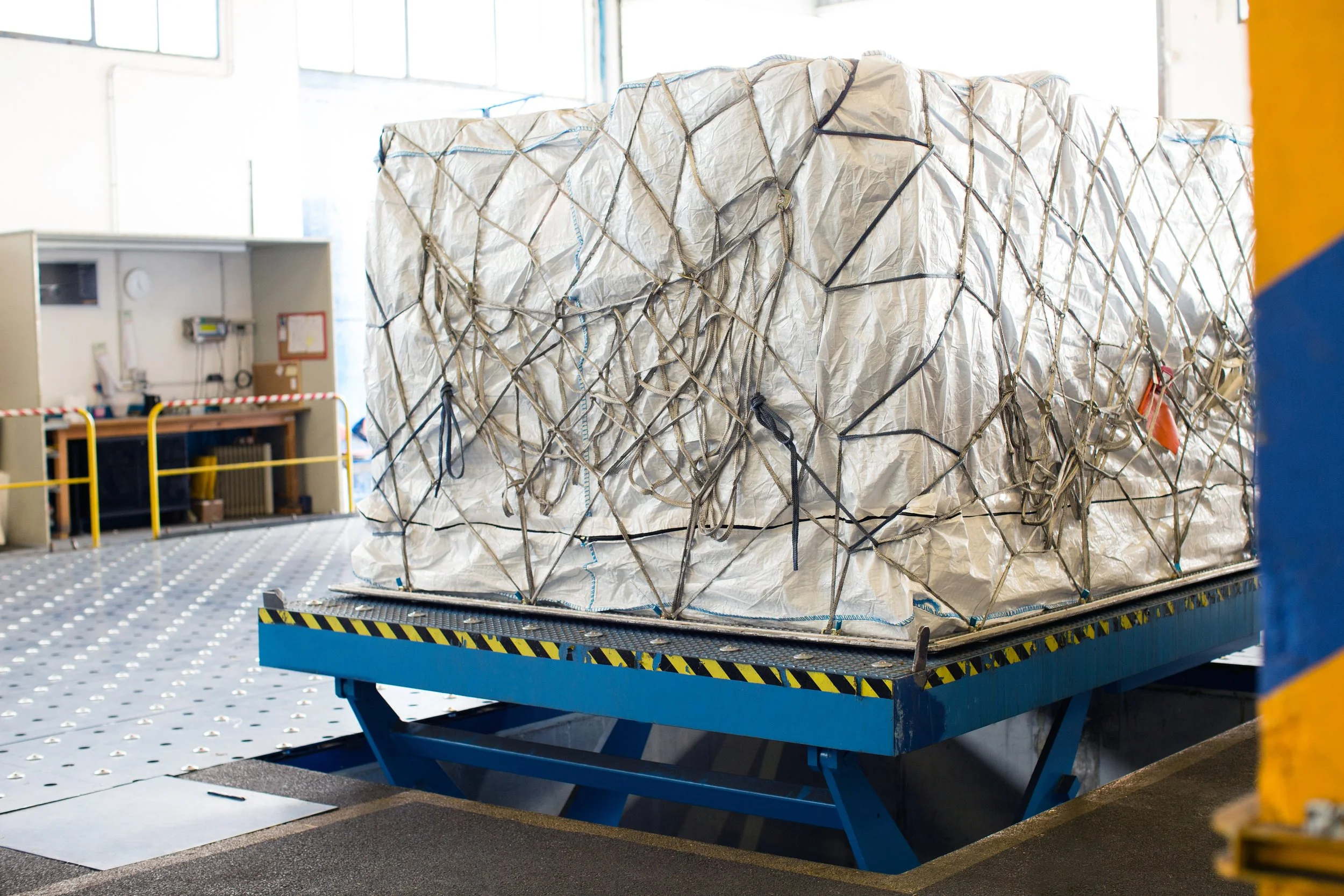Importation of Drugs
What is
Importation of Drugs?
In New South Wales, the importation of drugs is a serious criminal offence governed primarily by Commonwealth law, specifically the Criminal Code Act 1995 (Cth), although state laws may also apply in related prosecutions. This offence involves bringing prohibited drugs into Australia, whether by air, sea, mail, or other forms of transport, and is treated as an extremely serious crime due to its links with organised crime, international drug trafficking, and the large-scale distribution of illicit substances.
Under Section 307 of the Criminal Code Act 1995 (Cth), it is an offence to:
Import (bring into Australia), or
Export (send from Australia)
- any border-controlled drug or plant, either intentionally or recklessly.
“Border-controlled drugs” include:
Methamphetamine (ice)
MDMA (ecstasy)
Cocaine
Heroin
Cannabis (in some forms)
LSD and other synthetic substances
The law applies regardless of the quantity, although penalties increase with larger or commercial quantities.
Drug importation is considered one of the most dangerous and serious drug offences under Australian law due to its far-reaching consequences. It facilitates widespread community harm, supports large-scale trafficking networks, and contributes to the introduction of highly addictive and harmful substances into the country. These factors make drug importation a major threat to public health and safety. As a result, it is punished with some of the harshest penalties available, including life imprisonment for cases involving the importation of commercial quantities of prohibited drugs. Penalties vary based on the type and quantity of the drug involved:
Importing a Commercial Quantity of a Border-Controlled Drug (s307.1)
Life imprisonment and/or
2,000 penalty units
Importing a Marketable Quantity (s307.2)
25 years imprisonment and/or
1,500 penalty units
Importing Any Quantity (s307.3)
10 years imprisonment and/or
2,000 penalty units
Attempting or Conspiring to Import Drugs
Same penalty as completed offence
In addition to lengthy imprisonment and heavy fines, individuals convicted of drug importation offences in NSW face several significant legal consequences. A conviction results in a permanent criminal record, which can severely limit future opportunities, including travel, employment, and licensing. Authorities may also pursue asset seizure under proceeds of crime laws if the offence generated financial gain. Given the gravity of the charge, bail is often refused, especially where there is a perceived risk of reoffending or fleeing the jurisdiction. Drug importation cases frequently involve international cooperation and surveillance, and penalties can be heightened significantly if the accused is found to be part of an organised criminal syndicate.
The Penalties for
Importation of Drugs
The Possible
Defence Strategies
Defending a drug importation charge in NSW—prosecuted under Commonwealth law—is complex and requires an experienced criminal defence team. However, several defence strategies may be available depending on the facts of the case, the strength of the evidence, and how the offence was investigated. Here are the most common and effective defences:
Lack of Knowledge or Intent
A key element of drug importation is that the accused knowingly imported or was reckless as to the importation of a border-controlled drug. If the defence can show the accused had no knowledge of the package contents, or was unaware they were bringing drugs into the country (e.g. a parcel was sent to them unknowingly or they were used as a drug mule without their awareness), this may result in acquittal.
Identity or Mistaken Identity
The prosecution must prove that the accused was the person responsible for importing the drugs. In cases involving international mail, freight, or syndicates, there may be a lack of clear evidence linking the accused directly to the parcel or shipment. If the identity of the person who organised or arranged the import is unclear, it may be a viable defence.
Illegal Search or Improper Police Procedure
If Australian Border Force or police failed to follow proper legal protocols—such as searching without a valid warrant, conducting covert surveillance unlawfully, or breaching your rights under the Commonwealth Evidence Act—then key evidence may be excluded, weakening the prosecution case.
No Border-Controlled Drug
The substance in question must be tested and proven to be a prohibited drug under the law. If laboratory analysis is flawed, or if the substance turns out not to be a banned drug, this may provide grounds for dismissal.
Duress or Coercion
If the accused was threatened, blackmailed, or forced to participate in the importation under duress, this may provide a complete defence. This is especially relevant in cases where vulnerable individuals are recruited by organised syndicates.
Mental Health Defence
In some cases:
Argues the accused was suffering from a mental illness at the time of the offence and did not understand the nature or wrongfulness of their actions.
May result in a special verdict of not guilty by reason of mental illness and diversion to a mental health facility.
At Sydney Defenders, we have extensive experience in defending clients charged with large commercial quantity drug importation offences, which are among the most serious and complex charges under Australian law. We work alongside a highly respected network of leading criminal barristers and King's Counsel (QCs) who specialise in Commonwealth drug prosecutions and regularly appear in high-profile matters before the District and Supreme Courts.
Drug importation charges carry severe penalties, including life imprisonment, and require a strategic and well-prepared defence. Our team understands that each case is unique and demands meticulous preparation, careful analysis of the evidence, and in-depth knowledge of cross-border investigations and federal procedure. Sydney Defenders builds strong defence strategies that may focus on lack of knowledge or intent, evidentiary flaws, unlawful police conduct, or mental health considerations. We aim to achieve the best possible outcome in even the most challenging drug importation cases.

